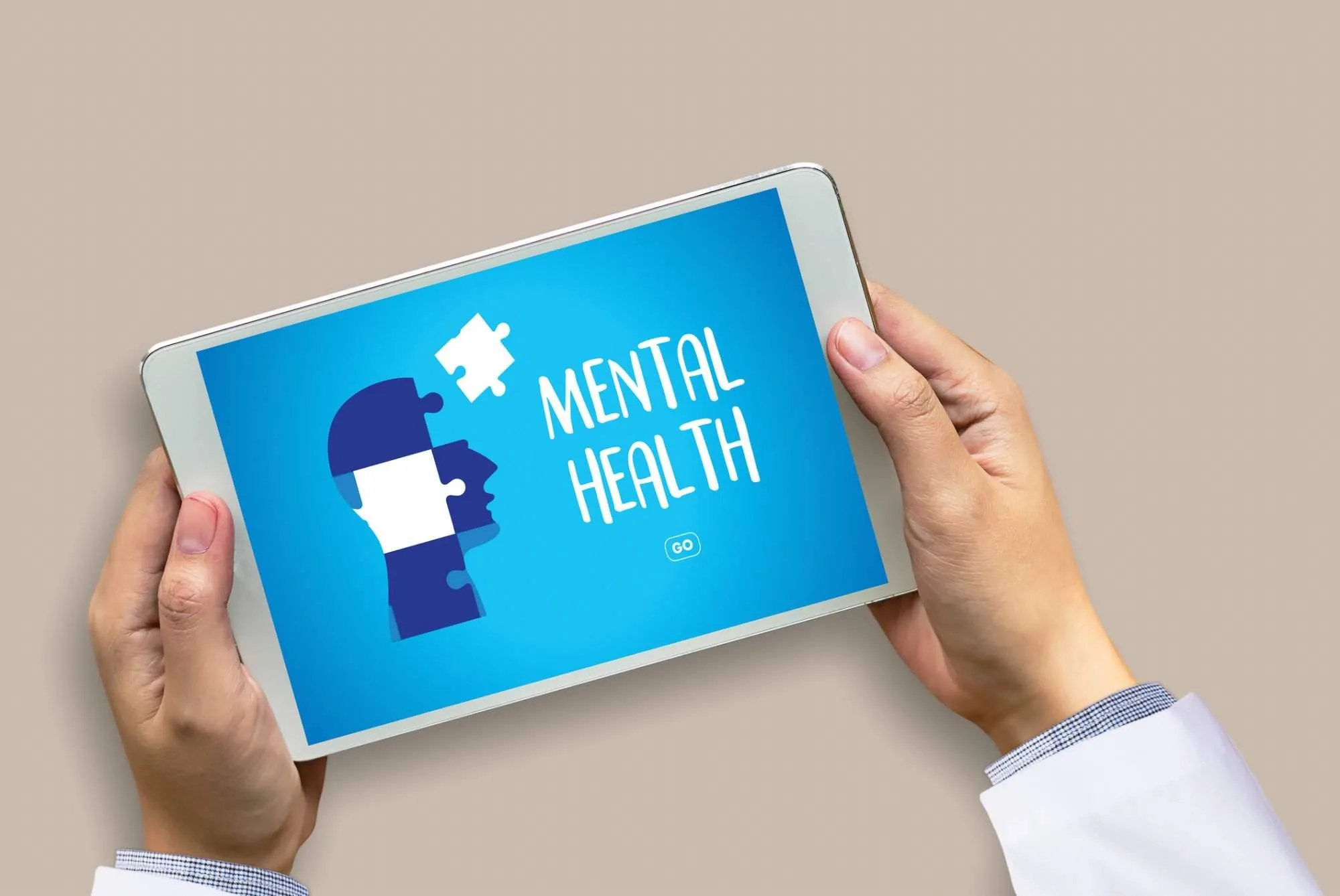Technology for mental health is a growing area of research and development. In the past, mental health was largely overlooked in society. It was often regarded as a “mental disease” instead of a serious medical condition. Now, however, more people are becoming aware of their mental health rights and becoming involved in the fight for mental health reform. As awareness grows, more people are asking important questions about how technology can be used to improve the lives of those who suffer from mental health conditions.
Using technology for mental health research has many benefits for researchers and for those who participate in research studies. First, qualitative findings suggest that people respond well to quantitative data. Qualitative evidence supports the view that people respond positively to the inclusion of quantitative data in their study. The use of qualitative research findings supports the view that people respond more effectively to treatment when they feel that their needs are being addressed by the individuals who are helping them. Additionally, qualitative findings suggest that the inclusion of a variety of people who are functioning well on a daily basis can maximise the potential for developing an evidence base for different types of treatment interventions.
Another benefit of technology for mental health research is that it can facilitate communication between participants. Quantitative and qualitative methods can provide a unique window into the experiences of real people, which makes it easier for mental health care providers to develop better strategies for addressing the unique needs of their clients. However, qualitative data can sometimes be difficult for those who do not work in the field to interpret and make sense of.
One use of technology for mental health care is through apps. Apps can make it easier for patients and mental health professionals to work together. In one instance, nurses in a health center with patients who suffer from diabetes could add the Diabetes Care Management System (DCMS) to their Apple iTunes App.
This would allow the nurses to enter a patient’s diabetic data on the fly and create a customised dashboard that would integrate all of the different aspects of the patient’s care. For example, the nurse could add photos of the patient and track his blood glucose level and insulin level via the app. He could also see if he is meeting scheduled goals and set new ones, as well as view any progress reports that are sent by his nurses.
Another major benefit of these apps is that they can be used in health care settings such as schools, hospitals, rehabilitation centres and other ethnographic settings. One school, for example, uses a Facebook application called Budgets and Alerts to provide students with information about school activities and class schedules. This app can be accessed via the smartphones of teachers and other students, which eliminates the need to email or print out forms for each student. Other ethnographic settings can benefit from the use of these apps, too. An example is the Diabetes Educators Association of South Florida, which provides educators with information about glucose meters and the diabetes education program in the community.
Technology for mental health disorders offers new technology for everyone to take advantage of. The ability to communicate quickly and effectively, as well as the ability to use applications on one’s smartphone open up new possibilities for the treatment of mental health disorders. However, it is important to realise that these apps should not be seen as substitutes for talking to a doctor about a person’s mental health. A mental health professional is always the best source for information
Digital Technology For Mental Health
A new research study has been conducted in an effort to better understand the relation between mental health and digital technology. The goal of the research was to conduct a systematic review of the published studies examining the impact of digital technology on mental health. This review is critically important because it helps researchers determine the validity of our current understanding of mental health and digital technology.
This research is the first comprehensive examination, examining the relationship between digital technology and mental health and will provide important new directions for future research. I have some comments regarding this new research.
Firstly, it is very important that the reviewers are able to differentiate between the two groups of people that they studied. Those who were involved in studying those who were experiencing mental health problems and those who were not while they were also doing digital health services.
The reviewers did not make this distinction. It would seem from the discussion that the reviewers are those who are involved in studying those who are experiencing mental health problems and those who are not. As such, the research should have been done among those who were not experiencing mental health problems in order for the results to be meaningful. Had the review was done only among those who are experiencing mental health problems, then the review would have been biased towards that population.
Secondly, the authors discuss the benefits of engaging in evidence-based practice and the potential benefit of using electronic medical records (EMR) and blended effect technology for mental health treatment. However, they do not make any clear recommendations about the appropriate use or the optimal benefits of these technologies. This makes me question the validity of the review as to the nature of evidence-based practice. Without evidence-based practice, there is no way that we can determine which technologies are best for engaging in evidence-based mental health treatment.
In addition, the reviewers do not provide recommendations for incorporating digital mental health apps into EMRs. This again leaves me wondering about the validity of the review as to the nature of the recommendations. The recommendations come mainly from the “comparative analysis” panel discussion and do not offer recommendations concerning what type of digital mental health apps would be most appropriate for clinical use. Further, it seems odd that the clinical system would include an “Evidence Based Practice” portal that would not necessarily be evidence-based.
Finally, the reviewers do not address the widening digital divide between rural and urban populations. Urban populations are quickly moving towards digital services as a result of dramatic improvements in broadband internet and mobile device access. However, rural residents remain fixed on traditional telephone communication. This is causing a widening gap between the haves and the have-nots. How can digital services bridge the gap and help those who need them the most?
A better understanding of the growing digital divide could help health care professionals and organisations in Australia, Canada, United States and other countries address their health challenges and opportunities. It is important to consider all comers in the quest to be healthier and more productive when deciding how to design health services and how to deliver those services. But this new approach has some limitations. For instance, implementing a hybrid care concept requires that health professionals and organisations develop and maintain a system that is flexible enough to incorporate emerging digital technologies.







